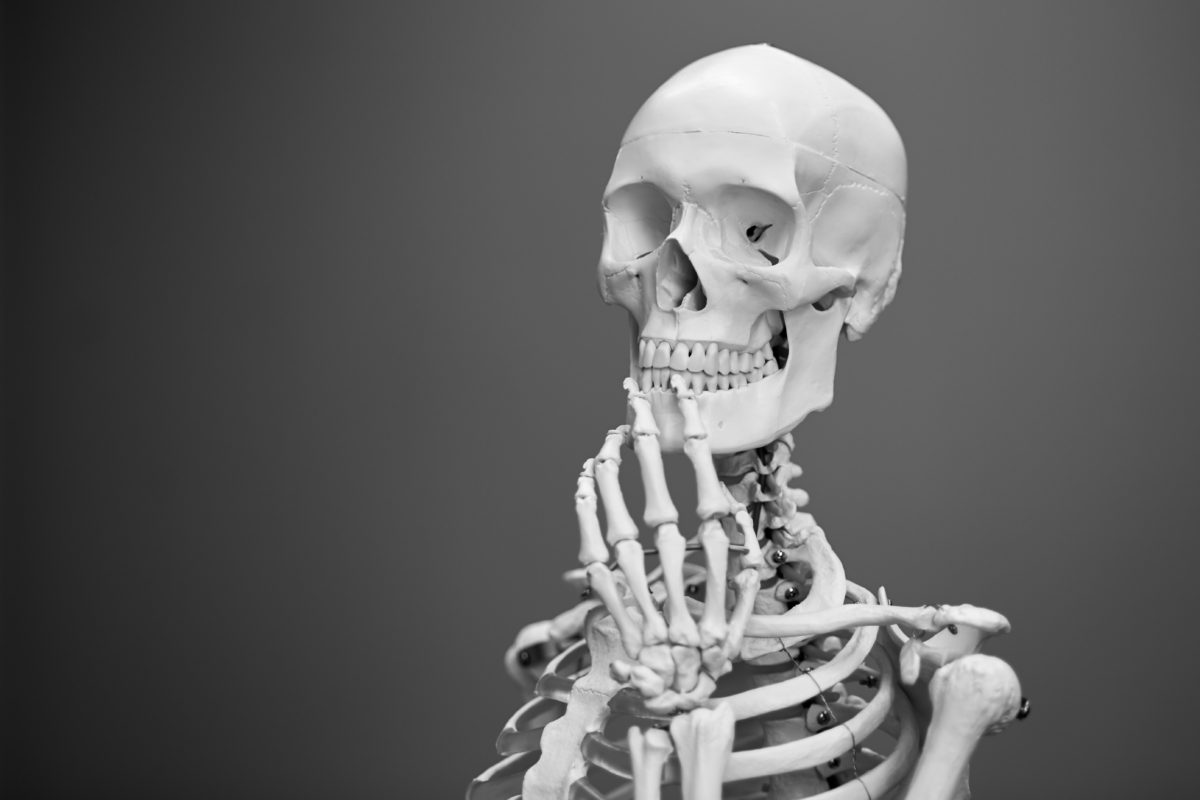Here’s What You Need to Know About Vitamin D Deficiency

Photo by Mathew Schwartz on Unsplash
The Role of Vitamin D in the Body
Vitamin D, commonly called the ‘sunshine vitamin, is an essential nutrient and hormone that plays a major role in many of the body’s functions, including in the skin, hair and bones. Vitamin D has been shown to promote calcium absorption, support healthy cell growth and healthy immune function. Sources of vitamin D include the sun, some foods like fatty-fish and cheese (though small amounts), and supplementation.
Could a Vitamin Deficiency be to Blame for Your Hair Loss?
It has been estimated that approximately 70% of North Americans have a Vitamin D deficiency. This is due to a combination of factors: low levels of sunlight for most of the year, obesity, sun avoidance, and low consumption of foods high in Vitamin D such as fatty fish (salmon, tuna, sardines). Inadequate Vitamin D in the body often leads to conditions such as rickets and osteomalacia, which bring on symptoms like bone and muscle pain, enlarged joints, and easily fractured bones. Given the high prevalence of Vitamin D deficiency, this could be the most essential of all the conditionally essential vitamins.
Here is how to figure out if you have a Vitamin D deficiency and what to do about it.
1. Speak with your doctor and ask for a 25-hydroxy test. It is the best way to monitor Vitamin D levels, as it gives your doctor a clear look into how much 25-hydroxyvitamin D is in your blood and how much your body has, which also tells him and or if your levels are too high or too low. This is done with a simple blood test.
2. Include more Vitamin D into your diet. This could be different, as food sources are minimal. Some plants contain small amounts of Vitamin D in foods such as mushrooms, liver, cod, herring and sardines. Speak with your doctor about your daily recommended intake.
3. Taking the right form of Vitamin D, if you have to supplement, is important. There are two forms of Vitamin D – D2 and D3. Research has shown Vitamin D3 to be the most beneficial, as it the active form of Vitamin D, sourced from sheep’s wool and easily absorbed into the body.